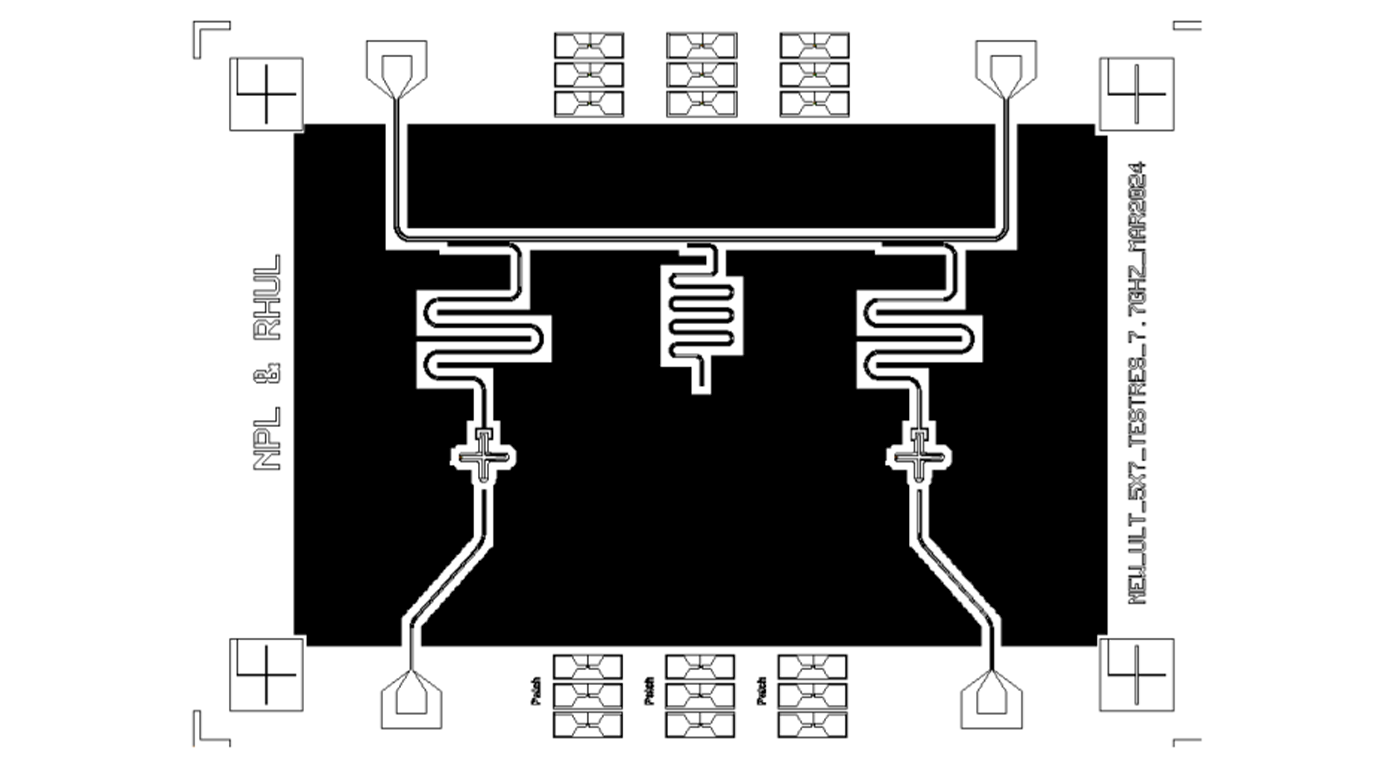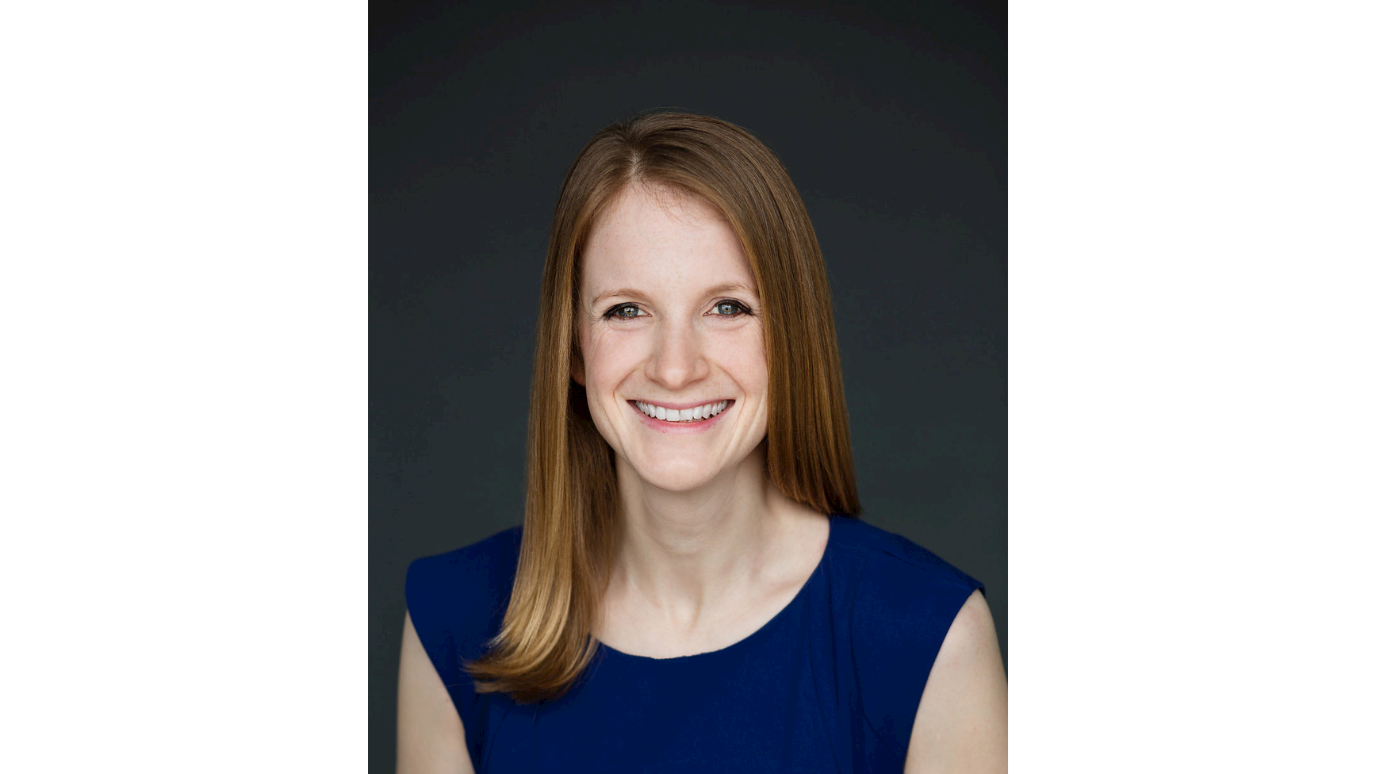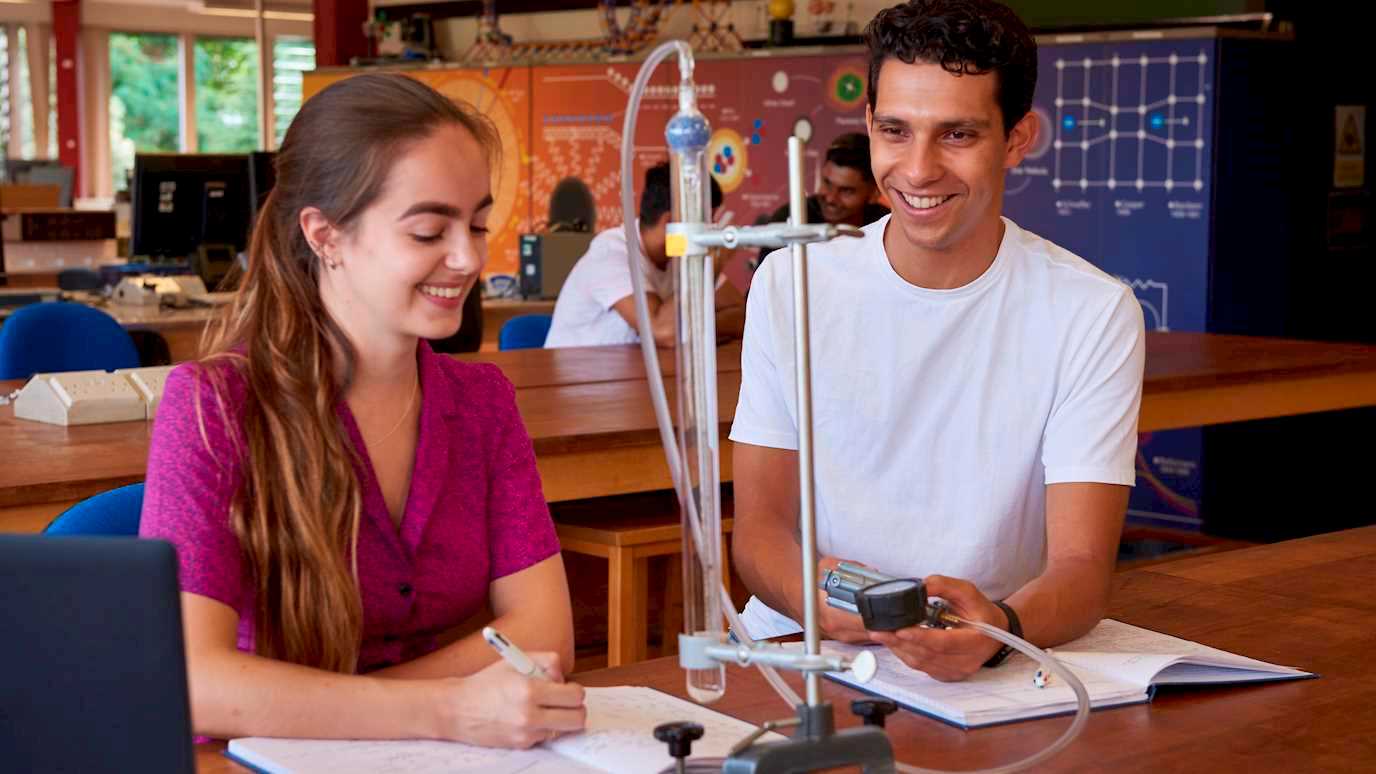We may only understand 4% of the universe, but 96% of our lecture theatre was full on the eve of Dark Matter Day for our public lecture on dark matter!

Over 300 people came to hear about the latest news in the search for dark matter from Prof. Jocelyn Monroe. Dark matter makes up 5 times more of the matter in the universe than all the particles we know about. The Dark Matter & Neutrino research group in the Department of Physics is working hard to find the rest by developing new particle detection technology, and contributing to world-leading experiments searching for dark matter particle interactions with ordinary atoms.

Prof. Jocelyn Monroe said: “Our outreach officer, Anna Christodoulou, did an amazing job— I’m so impressed with the number of students who came to our dark matter public lecture, and their questions were outstanding. From whether black holes could be dark matter to what we could use dark matter in 50 years, the audience participation was fantastic."

The Royal Holloway, University of London celebration of the first international Dark Matter Day included tours of our dark matter laboratories in the Department of Physics after the lecture, with a lucky few getting to suit up and go inside our class 7 clean rooms to see our time projection chamber under construction. Visitors viewed the constellation Cygnus through our telescope, looking into the direction from which the dark matter wind blows. More than 35 visitors participated in a link-up with SNOLAB, getting to run the DEAP-3600 direct detection dark matter search experiment live with researcher Dr. Stephanie Langrock. MSc and PhD students explained their research in dark matter, its applications to medical physics, and closed out the night with a fire-spinning recreation of the astrophysical evidence for dark matter.

Royal Holloway Physics Faculty were invited to the Parliament on Dark Matter Day for a Dark Matter showcase event. In the photo below, Dr Pawel Majewski, our collaborator from the Rutherford Appleton Laboratory, Prof. Jocelyn Monroe and Prof. Pedro Teixeira-Dias, also from Royal Holloway, are posing together with one of the first dark matter direct detection experiments, which operated in the UK Boulby underground laboratory.

























